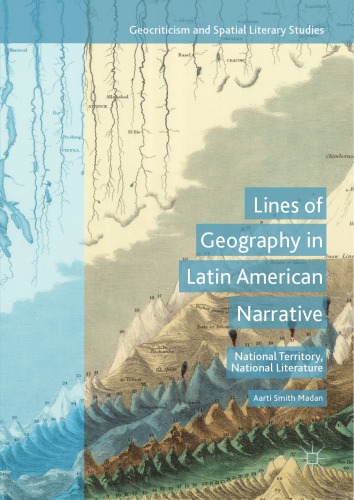

Most ebook files are in PDF format, so you can easily read them using various software such as Foxit Reader or directly on the Google Chrome browser.
Some ebook files are released by publishers in other formats such as .awz, .mobi, .epub, .fb2, etc. You may need to install specific software to read these formats on mobile/PC, such as Calibre.
Please read the tutorial at this link: https://ebookbell.com/faq
We offer FREE conversion to the popular formats you request; however, this may take some time. Therefore, right after payment, please email us, and we will try to provide the service as quickly as possible.
For some exceptional file formats or broken links (if any), please refrain from opening any disputes. Instead, email us first, and we will try to assist within a maximum of 6 hours.
EbookBell Team

4.3
48 reviewsThis book looks to the writings of prolific statesmen like D.F. Sarmiento, Estanislao Zeballos, and Euclides da Cunha to unearth the literary and political roots of the discipline of geography in nineteenth-century Latin America. Tracing the simultaneous rise of text-writing, map-making, and institution-building, it offers new insight into how nations consolidated their territories. Beginning with the titanic figures of Strabo and Humboldt, it rereads foundational works like Facundo and Os sertões as examples of a recognizably geographical discourse. The book digs into lesser-studied bulletins, correspondence, and essays to tell the story of how three statesmen became literary stars while spearheading Latin America’s first geographic institutes, which sought to delineate the newly independent states. Through a fresh pairing of literary analysis and institutional history, it reveals that words and maps―literature and geography―marched in lockstep to shape national territories, identities, and narratives.